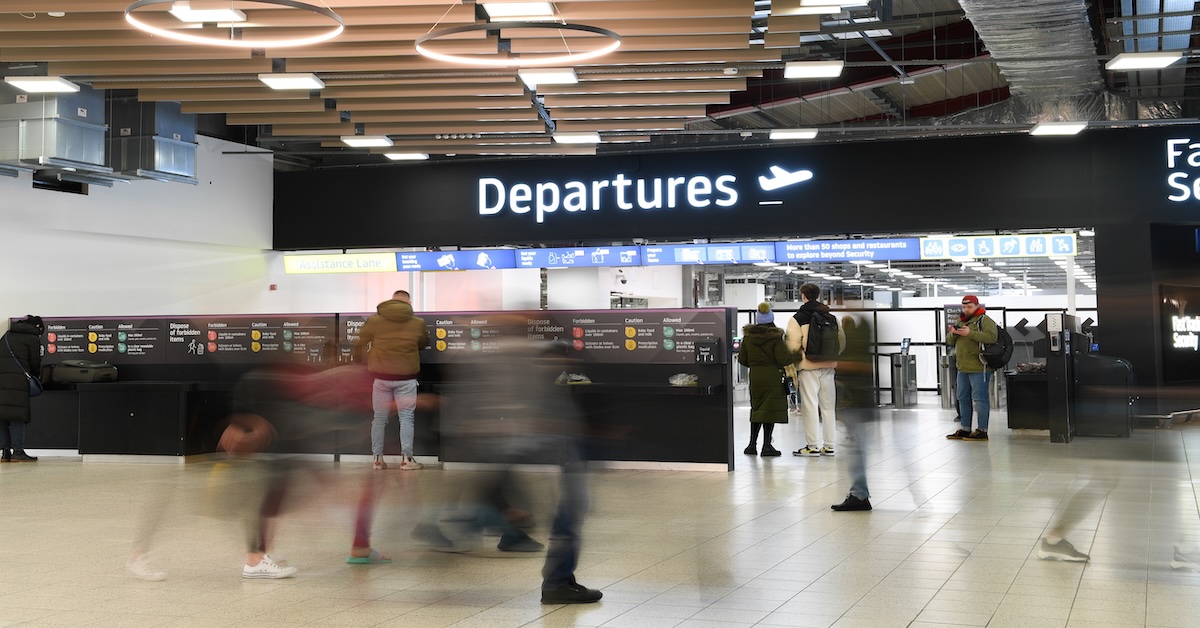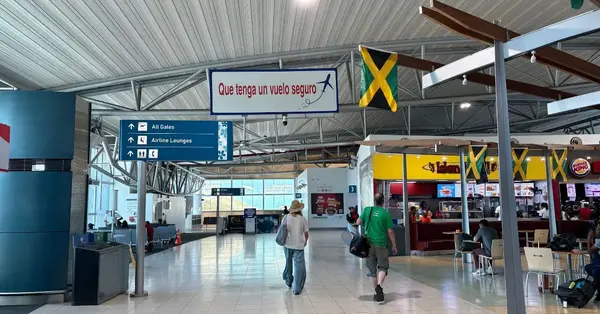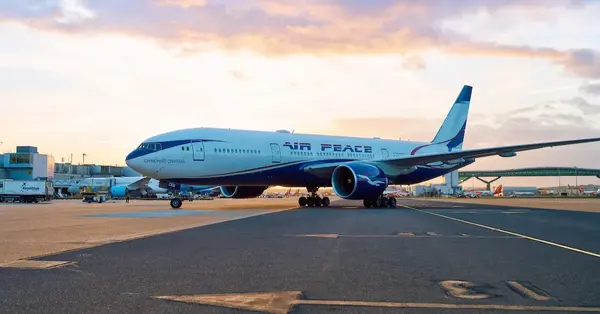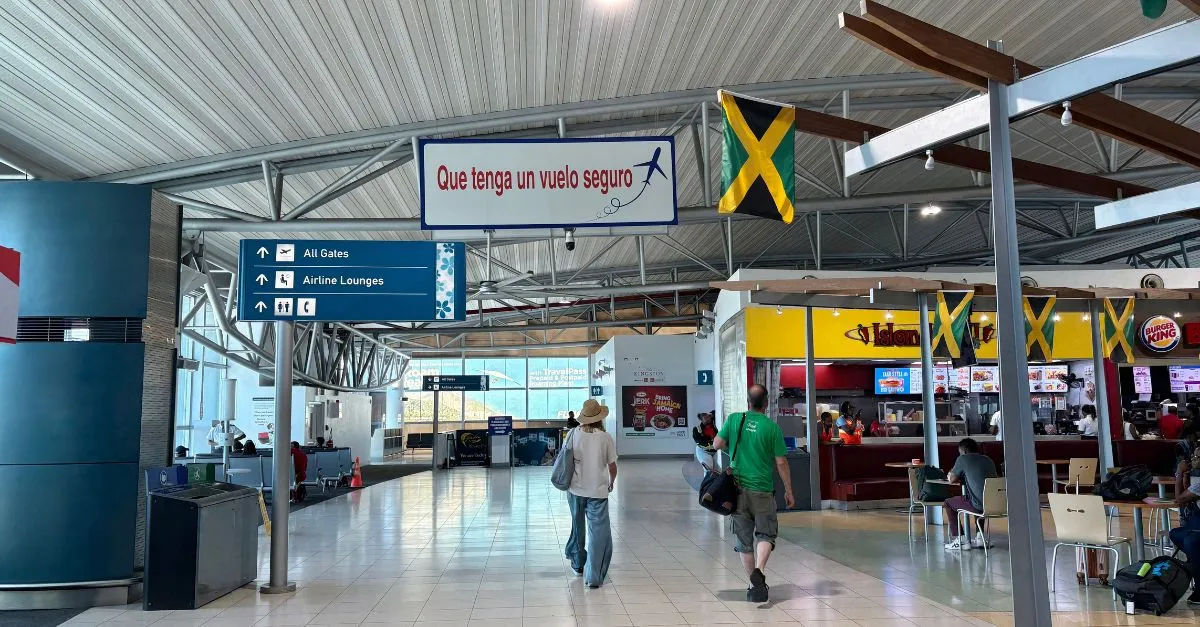You are viewing 1 of your 2 free articles
Plans for a new ‘carbon free’ liquid hydrogen aircraft revealed
A concept aircraft capable of flying to the other side of the world with zero carbon emissions and just one refuelling stop was unveiled today (Monday).
The mid-size aircraft powered by liquid hydrogen would be capable of flying 279 passengers halfway around the world without a stop or anywhere in the world with just one stop to refuel.
This means that a zero carbon, non-stop flight could be operated between London and San Francisco, or that passengers could fly around the world from London to Auckland with just one stop, at the same speed and comfort as today’s aircraft.
The Aerospace Technology Institute (ATI) revealed the plans ahead of the fourth meeting of the Jet Zero Council chaired by transport secretary Grant Shapps.
The council will meet for the fourth time, ahead of International Civil Aviation Day on December 7.
The project showcases the “huge potential” of liquid hydrogen-powered aircraft, according to the government.
Shapps said: “As we build back greener, it’s crucial that we place sustainability at the heart of the aviation industry’s recovery from Covid-19.
”This pioneering design for a liquid hydrogen powered aircraft, led by a British organisation, brings us one step closer to a future where people can continue to travel and connect but without the carbon footprint.
“I will continue to work closely with the Jet Zero Council to support the UK’s world-leading research in this sector, which will create green jobs, help us meet our ambitious net zero targets and lead the global transition to net zero aviation.”
Business secretary Kwasi Kwarteng added: :These designs could define the future of aerospace and aviation. By working with industry, we are showing that truly carbon-free flight could be possible with hydrogen a front-runner to replace conventional fossil fuels.
“Fuelling planes sustainably will enable the public to travel as we do now, but in a way that doesn’t damage the planet. It will not only help us to end our contribution to climate change, but also represents a huge industrial opportunity for the UK.”
Jet Zero Council chief executive Emma Gilthorpe said: “The Aerospace Technology Institute’s pioneering research highlights the potential for hydrogen in realising zero-carbon global connectivity.
“This ground-breaking green technology looks set to play a critical role in decarbonising flight and through the work of the Jet Zero Council, the UK aviation sector is exploring all avenues to ensure we protect the benefits of flying for future generations while cutting the carbon cost.”
FlyZero project director Chris Gear said: “At a time of global focus on tackling climate change, our midsize concept sets out a truly revolutionary vision for the future of global air travel keeping families, businesses and nations connected without the carbon footprint.
“This new dawn for aviation brings with it real opportunities for the UK aerospace sector to secure market share, highly skilled jobs and inward investment while helping to meet the UK’s commitments to fight climate change.”
Sustainable aviation fuel made from waste materials is another technology with the potential to decarbonise flying.
Eight industry-led projects that will receive a share of £15 million in government support have had their final funding agreements confirmed by the Department for Transport.


















